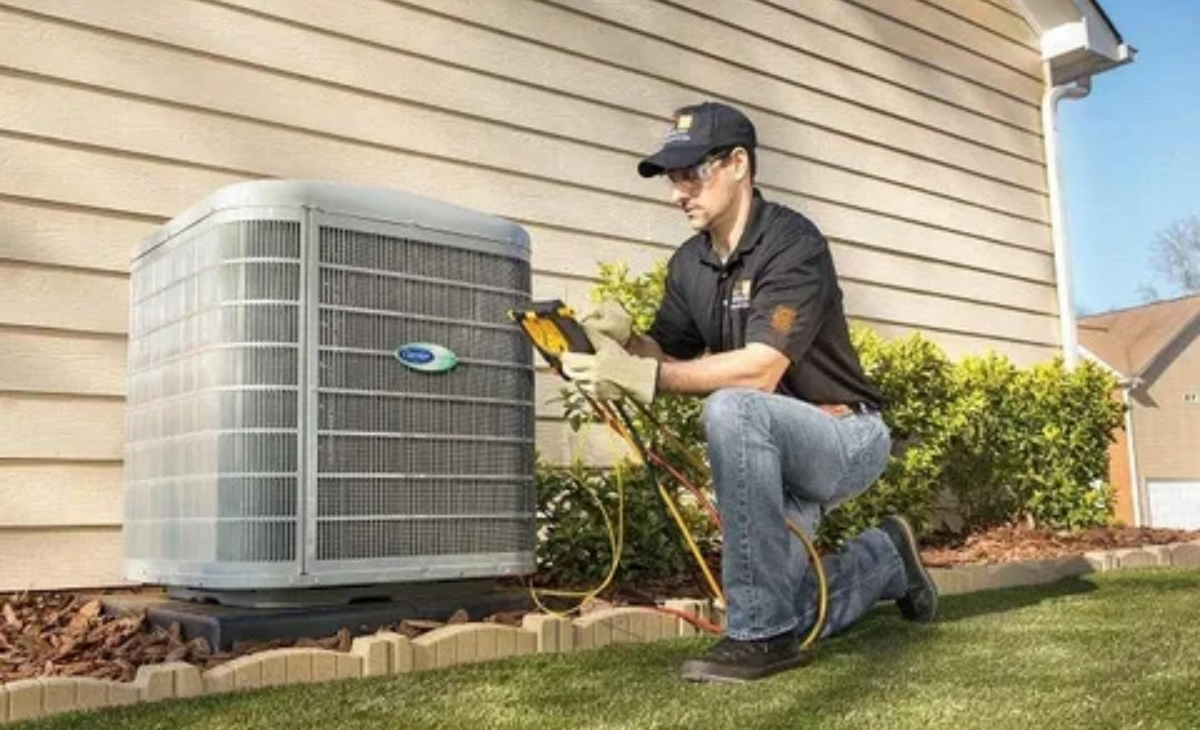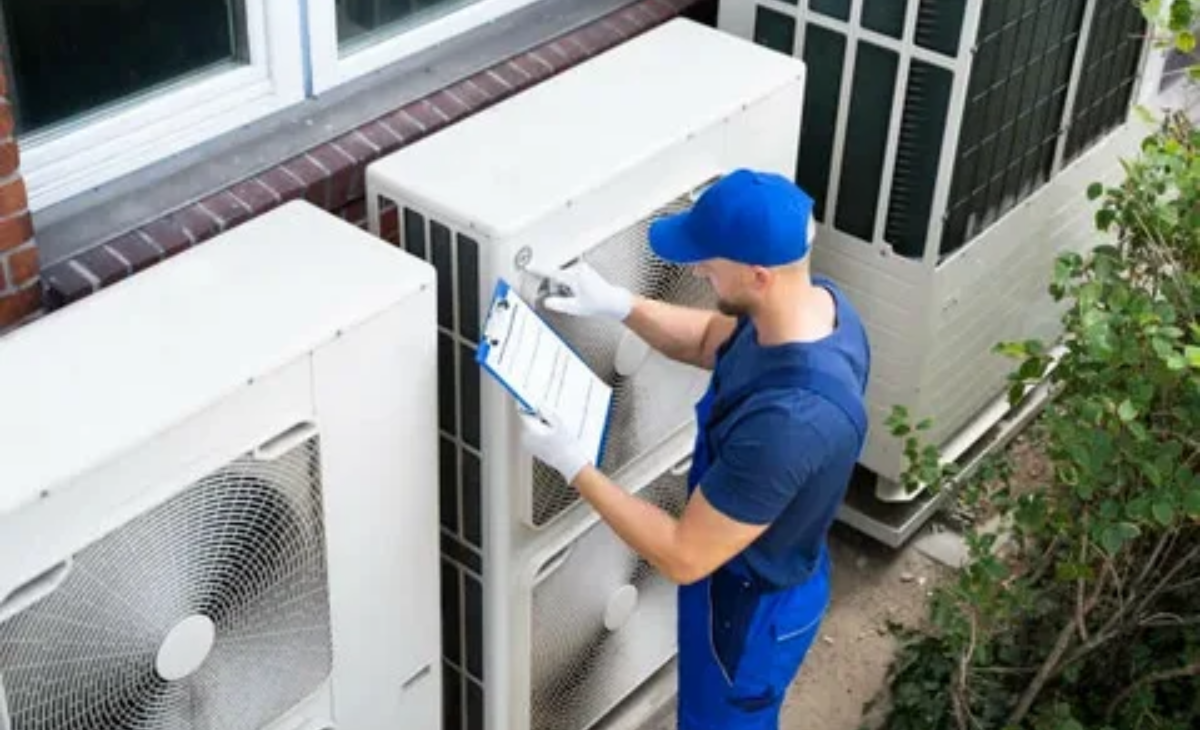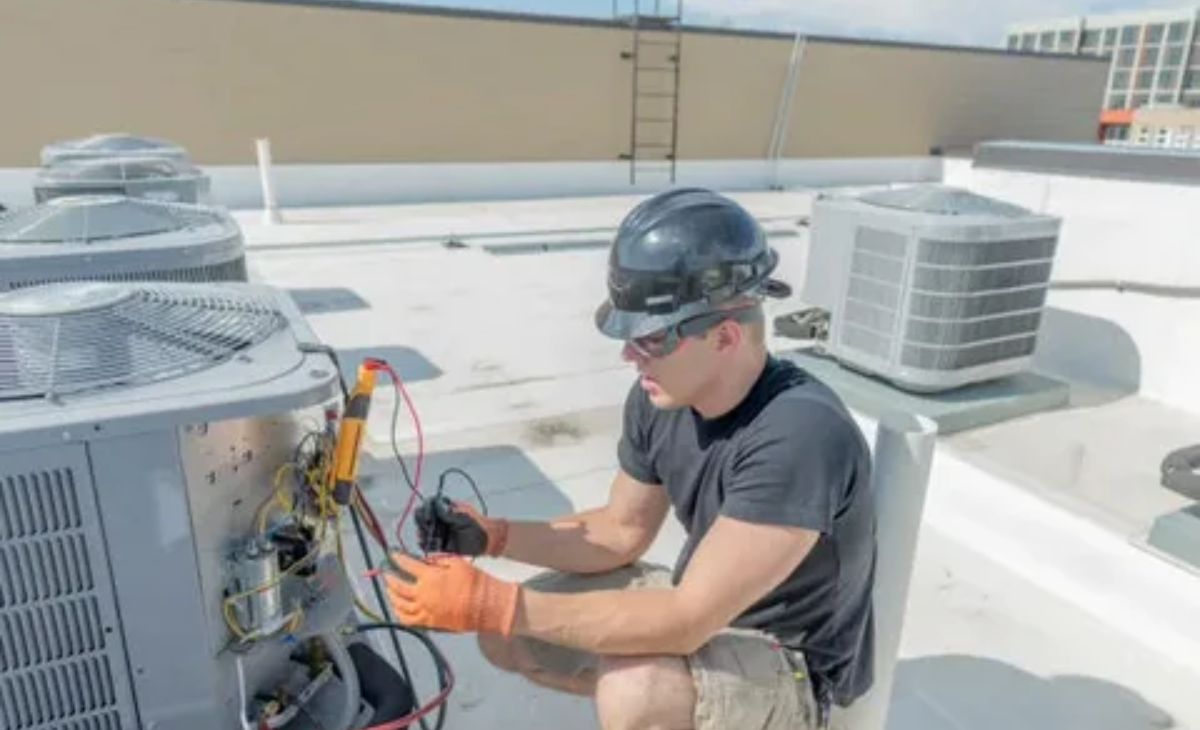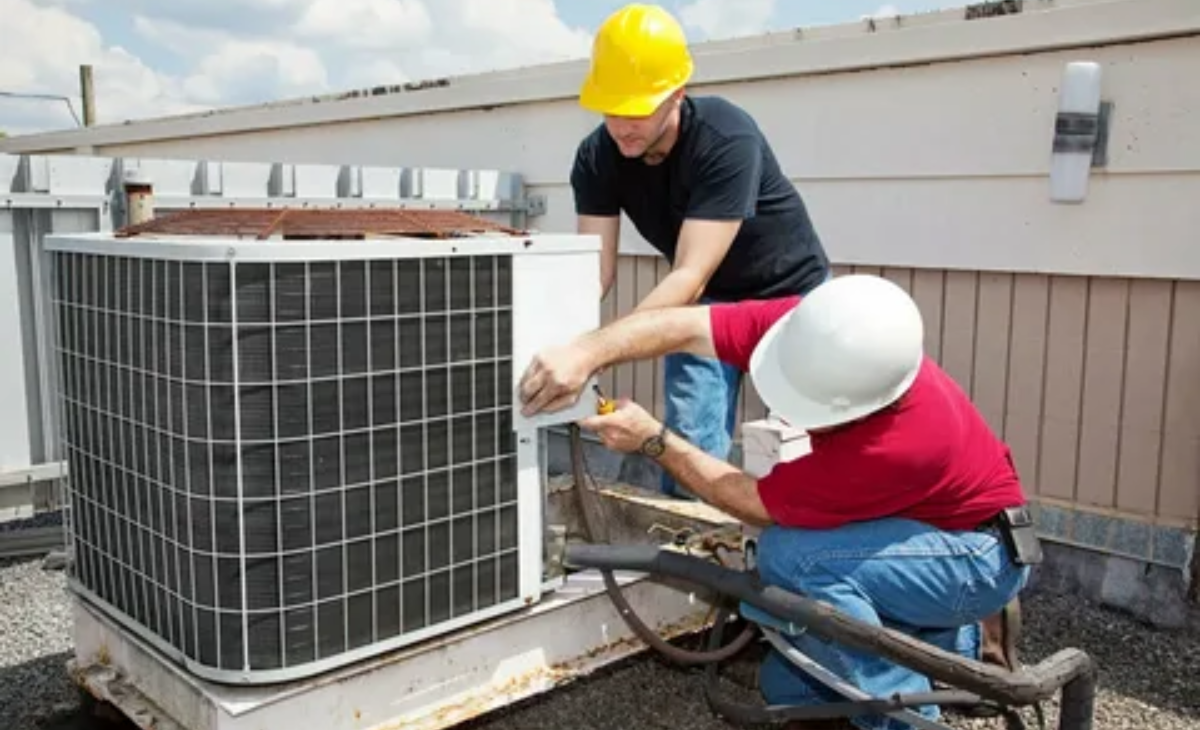Maintaining regular HVAC Maintenance is not just about avoiding breakdowns—it’s about ensuring efficiency, comfort, and health in every season. Homes thrive when heating, ventilation, and air conditioning systems receive routine care, and homeowners reap significant rewards in energy savings, air quality, and equipment longevity. HVAC Maintenance plays a pivotal role in keeping your living environment safe, efficient, and comfortable.
What Does Regular HVAC Maintenance Really Include?
Regular HVAC Maintenance encompasses a series of preventive tasks designed to keep systems running smoothly year-round. These tasks include cleaning coils and filters, lubricating moving parts, inspecting ductwork, checking refrigerant levels, verifying thermostat accuracy, and ensuring electrical connections remain secure. A thorough inspection also involves assessing air filters, visual monitoring of components, and clearing debris from outdoor units. These steps protect your HVAC systems from wear and tear and help avoid sudden, costly malfunctions.
How Often Should Homeowners Schedule HVAC System Maintenance?
It’s commonly advised that HVAC systems receive professional tune-ups at least once a year, ideally in spring (before cooling season) and fall (before heating season). This dual-season approach ensures systems deliver peak performance during extreme weather.
However, homeowners sometimes wonder whether minor issues mean repair or replacement. Understanding the difference is important, and resources like AC Repair vs. Replacement: Which HVAC Service Is Right for You? can help guide that decision.
Why Is HVAC Maintenance So Important?
Improved Energy Efficiency
Well-maintained HVAC systems use significantly less power. Clogged filters or dirty coils force systems to work harder, raising energy usage—often by 15% or more. Regular maintenance ensures free airflow, clean coils, and optimal refrigerant levels, helping reduce utility bills.
Extended System Lifespan
Routine tune-ups catch emerging problems before they escalate. Addressing minor wear and tear, such as loose belts or refrigerant leaks, drastically extends the life of expensive HVAC equipment—often doubling its lifespan from 5–7 to 10–15 years.
Enhanced Indoor Air Quality
Your HVAC system filters air for dust, pollen, allergens, and pollutants. Dirty filters and uncleaned ducts circulate these particles, reducing indoor air quality—and potentially worsening respiratory conditions. Regular maintenance and filter replacements markedly improve air quality. Duct cleaning can further reduce fine particles and bioaerosols.
Preventing Costly Repairs and Breakdowns
Unexpected breakdowns are inconvenient and expensive. Preventive HVAC Maintenance helps detect small issues early—before they become emergencies. For example, scheduling routine cooling service during summer ensures your air conditioner runs efficiently without surprise malfunctions on the hottest days.
Consistent Home Comfort
Imagine unpredictable heating in winter or weak cooling in summer. Regular system checks ensure balanced airflow, accurate temperature control, and reliable performance. This consistency enhances home comfort in every season.
Reduced Environmental Impact
Efficient systems consume less energy, lowering your carbon footprint. Maintaining HVAC systems contributes to sustainability by curbing unnecessary energy use. For larger properties, properly scheduled commercial HVAC maintenance is vital to keep both costs and emissions under control.
Common Mistakes That Undermine HVAC System Performance
Even with maintenance, certain homeowner missteps can diminish system efficiency and lifespan:
- Neglecting air filter changes, which restricts airflow and strains components. Filters should be changed every 1–3 months depending on dust and family conditions.
- Delaying repairs, even when minor symptoms appear, allowing little problems to grow into big, expensive ones.
- Skipping maintenance visits, which prevents early detection of issues.
- Allowing buildup around outdoor condenser units, which hampers heat exchange and efficiency.
- Poor sealing or insulation, forcing HVAC systems to overwork throughout the home.
Professionals recommend staying proactive—clean filters, clear debris, seal ducts, and schedule regular check-ups. Homeowners who need help can always reach out through a trusted provider’s Contact us page to book their seasonal maintenance.
Key Benefits of Regular HVAC Maintenance
| Benefit | Description |
| Energy Efficiency | Reduces energy use and lowers utility bills. |
| Systems Longevity | Extends equipment lifespan through early issue detection. |
| Air Quality | Ensures cleaner, healthier indoor air by reducing contaminants. |
| Fewer Repairs | Prevents expensive breakdowns with timely maintenance. |
| Comfort & Reliability | Delivers consistent temperature control and airflow. |
| Environmental Impact | Cuts energy consumption and greenhouse gas emissions. |
How to Maintain Your HVAC System Efficiently
Homeowners can manage simple upkeep while professionals handle complex tasks:
- Weekly/monthly (DIY tasks): swap or clean air filters; ensure outdoor unit is clear of debris; dust registers and vents.
- Seasonal inspections: calibrate thermostat, inspect duct connections, look for leaks or noise.
- Biannual professional tune-ups: before summer and winter, a technician inspects, lubricates, checks refrigerant, tests safety, and ensures all components function.
Homeowner vs. Professional HVAC Maintenance Tasks
| Task | Homeowner | Professional |
| Replace/Clean Air Filters | Yes (every 1–3 months) | — |
| Clear Outdoor Unit Debris | Yes | Optional |
| Inspect/Seal Ducts | Basic Visual Check | Thorough Inspection and Sealing |
| Clean Coils and Blades | Occasional Light Cleaning | Deep Cleaning Required |
| Test Refrigerant Levels | — | Yes |
| Lubrication & Electrical Checks | — | Yes |
| Thermostat Calibration | Yes (DIY) | Precision Calibration |
FAQs (Based on People Also Ask)
-
How often should I have HVAC Maintenance done?
Generally, at least once a year—ideally twice, before heating and cooling seasons. Frequency may increase depending on system age and usage.
-
Does regular HVAC Maintenance really save money?
Yes. It reduces energy usage and avoids expensive repairs, making maintenance a cost-effective investment.
-
Can I perform HVAC Maintenance myself?
Homeowners can tackle filter changes, debris removal, and simple checks. But deep cleaning, calibration, and refrigerant handling are best left to professionals.
-
What are signs my HVAC needs service?
Look for poor airflow, odd sounds or odors, uneven heating/cooling, spikes in energy bills—these often signal maintenance needs.
-
Does maintenance help with indoor air quality?
Absolutely. Clean filters and coils reduce dust, allergens, and other pollutants—improving overall air quality.
Conclusion
In conclusion, HVAC Maintenance is far from an optional task—it’s an essential strategy for preserving comfort, health, and savings in your home. Regular upkeep enhances energy efficiency, prevents sudden breakdowns, improves air quality, and extends system life. Whether managing residential systems or navigating maintenance for HVAC systems in larger settings, a consistent maintenance plan makes all the difference.
KNS Mechanical, an HVAC service company trusted across the region, stands ready to support you with expertise, efficiency, and care. Your comfort isn’t just a luxury—it’s the result of sound, professional HVAC Maintenance.




